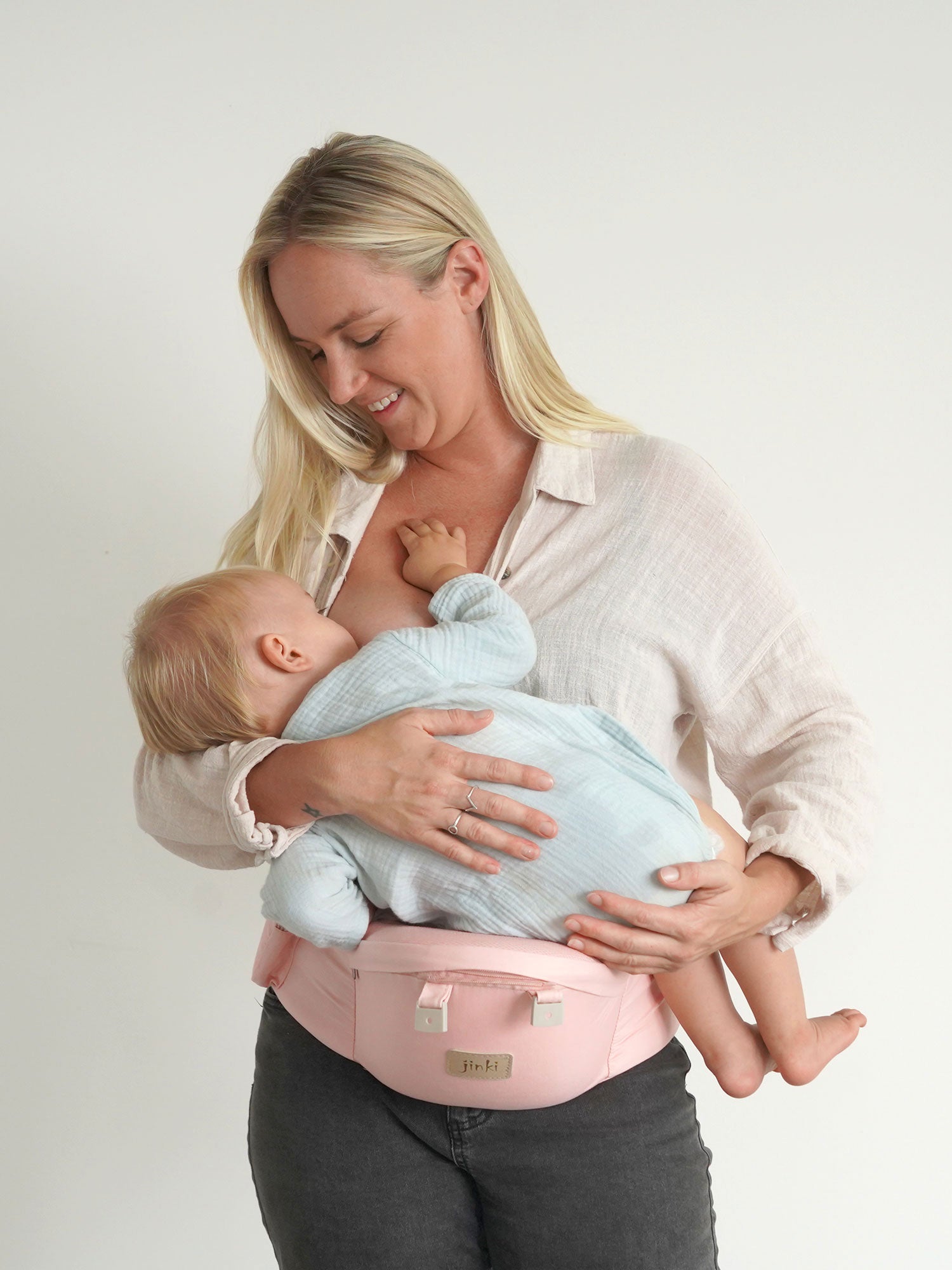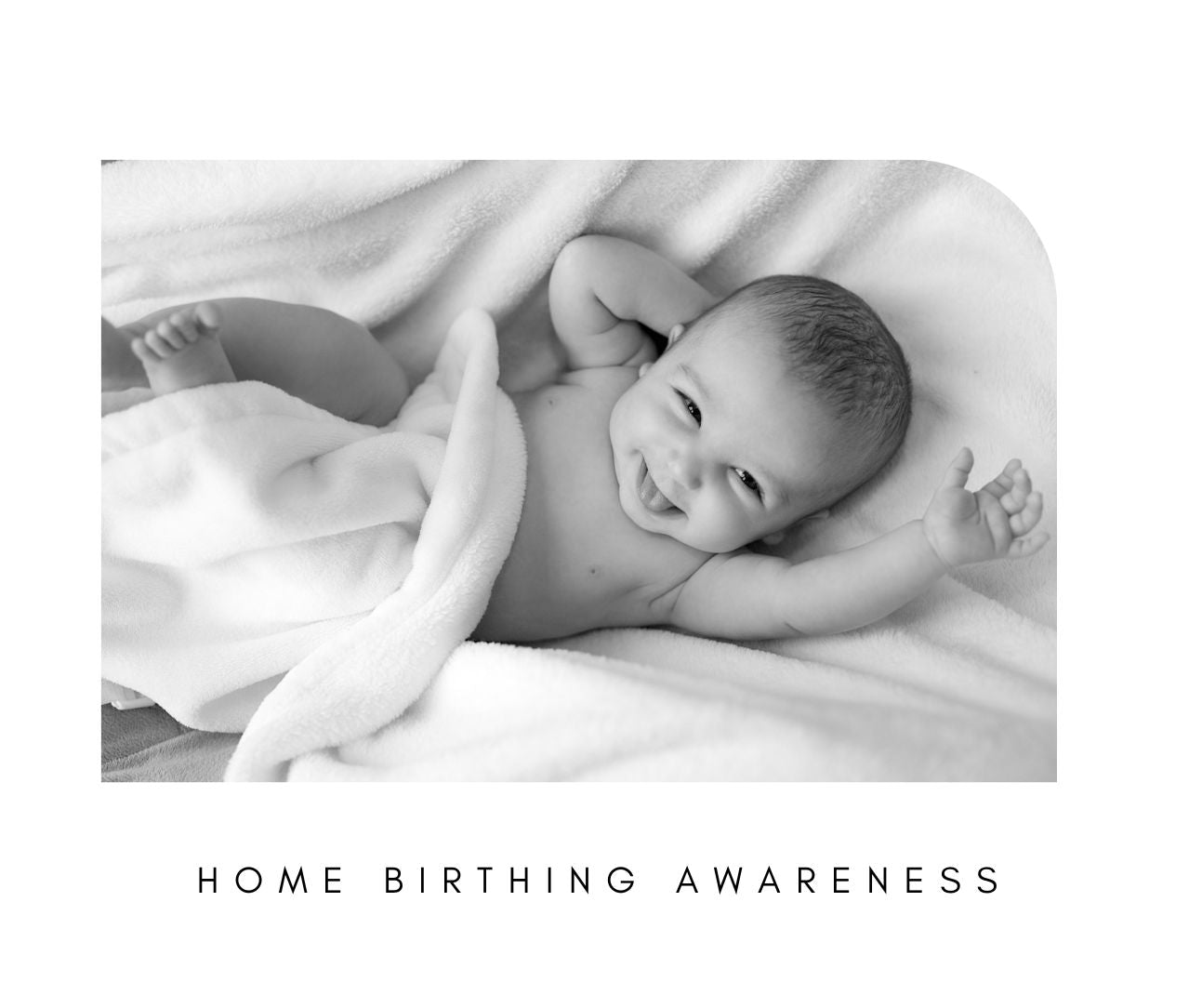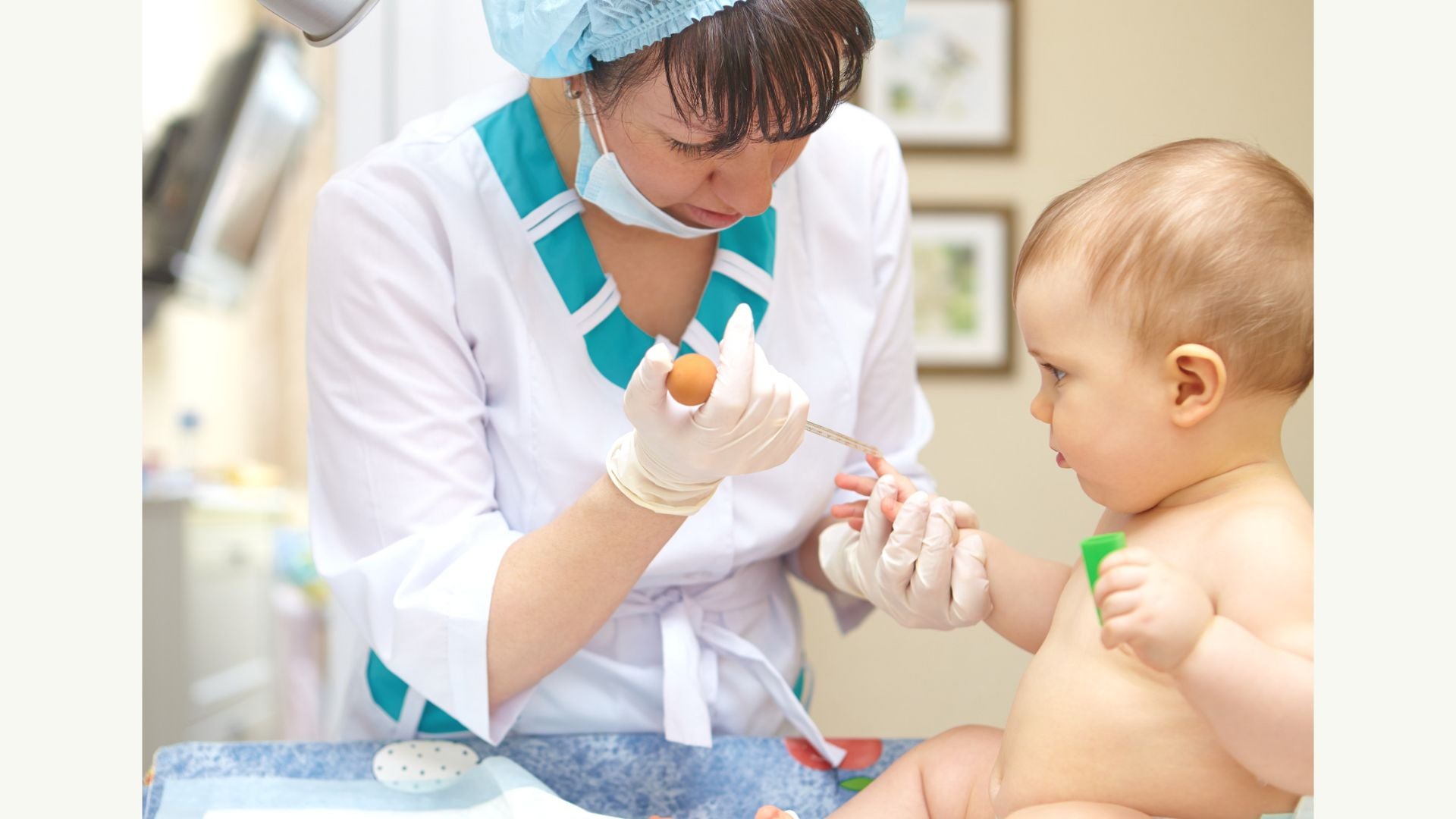Tips for Proper Nipple Care for Breastfeeding Mothers

Tips for Proper Nipple Care for Breastfeeding Mothers
Mothers who have just given birth are often overwhelmed with the responsibility of taking care of their newborn. One important aspect of caring for your baby is proper nipple care when breastfeeding. Here are a few tips to help you ensure that breastfeeding is comfortable and effective for both you and your child.
Breastfeeding mothers can occasionally encounter issues related to their nipples, which can make the nursing process uncomfortable or even painful. Some common problems include nipple soreness, cracks, and engorgement.
Nipple Soreness: This is a common experience in the early days of breastfeeding, but persistent or extreme soreness might indicate a problem. It can be caused by the baby not latching properly, frequent feeding, or an infection.
Cracked Nipples: Cracked or bleeding nipples can occur when the baby isn't latched onto the breast correctly. It's crucial to address this quickly as it can lead to a painful infection called mastitis.
Engorgement: This happens when your breasts are excessively full of milk, causing them to become hard and painful. This can make it difficult for your baby to latch properly, and could lead to sore and cracked nipples.
Remember, it's important to seek help if you're experiencing any of these issues. A lactation consultant or a healthcare professional can provide advice and treatment to help you continue breastfeeding comfortably.
Preventing Nipple Soreness:
Preventing nipple soreness hinges on a few key strategies. First, ensure your baby is latching on properly. Investing time in learning and practicing the right technique can make a significant difference. Your baby's mouth should cover not just the nipple but also a large part of the areola.
Second, try to keep the feeding sessions frequent but not overly lengthy. Prolonged feeding times can lead to soreness. Stick to shorter, more frequent feedings to keep your nipples in better shape.
Third, consider using a nipple cream or ointment that's safe for breastfeeding. These can be applied after feeding to keep your nipples moisturized and to expedite healing of any minor cracks or abrasions.
Lastly, let your nipples air-dry after breastfeeding and change wet nursing pads often to prevent a moist environment that could harbour infections.
Remember, if soreness persists despite these strategies, don't hesitate to seek professional help. Persistent pain is not a norm while breastfeeding, and it's important to address issues promptly to ensure a comfortable breastfeeding experience for you and your baby.
Healing Cracked Nipples:
If you're dealing with cracked nipples, there are numerous strategies that can aid in the healing process.
Firstly, continue to breastfeed if you can. While it may be uncomfortable, breastfeeding is often the most effective way to heal your nipples as your baby’s saliva can actually help your nipples heal faster.
Next, utilise an all-natural nipple cream or ointment after each feeding. Look for products with ingredients like lanolin, which can provide soothing relief and accelerate the healing of cracked skin.
Thirdly, try a saline rinse after each feeding. Dissolve half a teaspoon of salt in a cup of warm water and gently apply this to your nipples with a clean cloth. This can help reduce inflammation and promote healing.
Another effective strategy is to use breast milk to heal your nipples. After a feeding, express a few drops of milk, gently rub it on your nipples and let it air dry. Breast milk has natural healing properties and it's readily available.
Lastly, consider using nipple shields under the guidance of a healthcare professional or lactation consultant. These can protect your nipples while breastfeeding, giving them time to heal.
Treating Engorgement:
Breast engorgement is a common issue for many breastfeeding mothers. This condition, characterized by overly full and painful breasts, typically occurs when the mother is producing more milk than the baby is consuming.
To alleviate engorgement, consider the following strategies:
First, breastfeed often and let your baby dictate the feeding schedule. The more your baby feeds, the more your body will adapt to your baby's needs, effectively managing the milk production.
Second, apply warm compresses to your breasts before breastfeeding. The warmth can help stimulate milk flow, making it easier for your baby to latch on and feed.
Third, try gentle breast massage. This can help to alleviate the pressure, stimulate milk flow, and make latching easier for your baby. Always move towards the nipple from the base of the breast during massage.
Fourth, consider using a breast pump to express milk between feedings. This can relieve the pressure and prevent milk from becoming stagnant and causing blocked ducts.
Lastly, if engorgement becomes painful or continues despite these strategies, don't hesitate to seek medical advice. A lactation consultant or healthcare professional can provide personalized advice and assistance.
Remember, every mother's breastfeeding journey is unique. Listen to your body, take care of your health, and seek support when needed. You're doing a great job, mama!
Seeking help is pivotal in your breastfeeding journey, particularly when it comes to nipple care. While breastfeeding is a natural process, it doesn't come naturally to everyone. It's perfectly okay to ask for assistance or advice when you encounter challenges or discomfort. Reaching out to lactation consultants, healthcare professionals, or even experienced mothers can provide you with valuable insights and practical solutions. They can guide you on proper latch techniques, offer advice on alleviating discomfort, and help identify and treat potential issues like nipple cracks or infections. Beyond the practical support, they also provide emotional support, reassurance, and encouragement, which are just as crucial. Remember, asking for help is not a sign of weakness, but rather a proactive step in ensuring a smooth and successful breastfeeding journey.
Remember, if your nipples are not healing or the pain is unbearable, consult with a healthcare professional. There may be underlying issues, such as an infection, that require medical treatment. Your comfort is crucial in maintaining a successful breastfeeding journey.
~ jinki @ jinki.com




